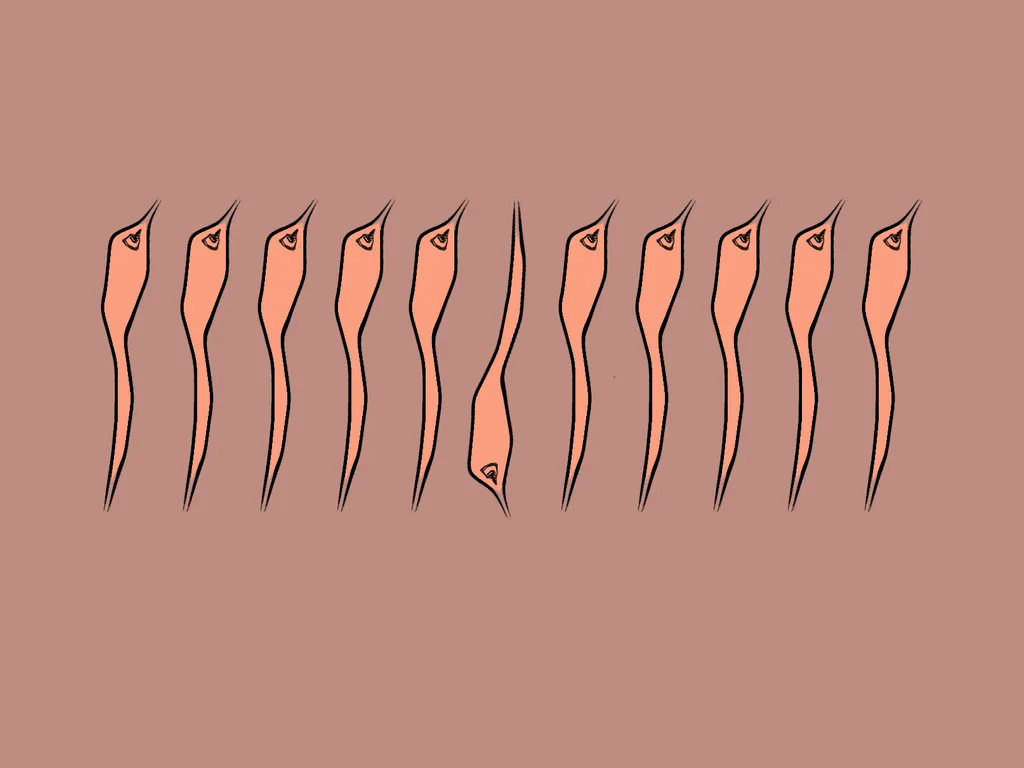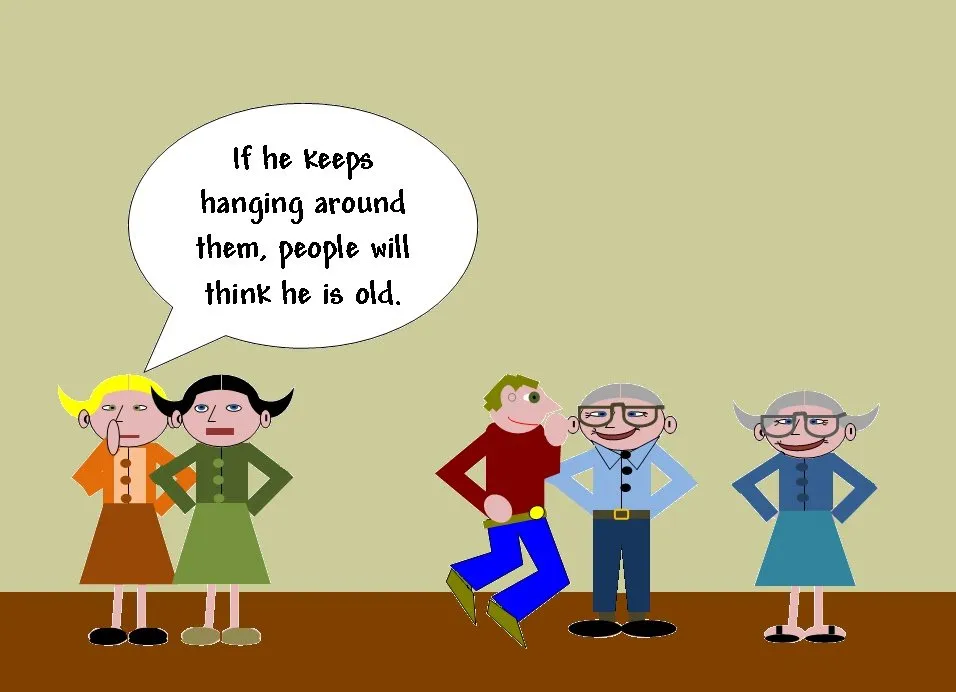Each recovery plan must be a journey of discovery. These have all worked splendidly for me in my own recovery and are not guaranteed to be effective for every individual. I am not a therapist. There is a wealth of information written by professionals on the subject of avoiding relapse. I will link some valuable sources at the end of this post. So let's get into it!
Which path should I take? What changes must I implement?

1. Build friendships with people who have a positive impact on your life
This seems like it would be common sense. Unfortunately, we're dealing with addicts here (myself included) who often have deluded themselves into thinking that some of their relationships are good, when in fact they are extremely dysfunctional and codependent.
A few years back, almost all of my friendships were built on qualities of dishonesty and mutual distrust. There were always ulterior motives for every seemingly "good" thing that I did. Behind each nice gesture, a silent "tit for tat" methodology was employed. It is a process learning how to break that old habit.
The relationships I have with people today are in stark contrast to my past. It's kind of funny in a way. Negativity breeds on and finds more negativity. The opposite is also true. Today, I develop friendships with people who are kind, caring, thoughtful, and self-less. People who have integrity and are looking to move forward in their lives. The awesome thing about the recovery community is that it is brimming with these types of men and women. Men and women who were just like me at one point, and have found a way out of the madness.
Never underestimate the power of a strengthening and supportive friendship. The people I am blessed to call my "squad" today would move mountains to give me a hand in a time of need. Just as I would do for them.

2. Quit breaking rules just because you can
I can hear some of my readers now: "Well of course you shouldn't break rules. Why would you do that?"
There is no simple answer to that question. The fact is that many addicts and alcoholics have inherent issues with authority figures for a host of reasons. Maybe they feel that they are smarter? Or for whatever reason the rules don't apply to them? That was me . . The "why" isn't all that pertinent in the context of a lifestyle change. Many people go to therapy for years to get to "root of the problem." And that's great. What I was most concerned with was changing. Causes and conditions would come later.
Learning to live life "by the book," "walking the straight line," or "going legit" isn't as easy as it sounds for someone caught up in an anti-social lifestyle for many years. It needs to be unlearned. Someone told me early on to "do the right thing when no one is looking." And it was hard at first.
But like any learned behavior, it becomes easier with time. The conscience is always there, even if it has been put to sleep for awhile. Once it is awake and active, it won't allow me to engage in those types of behavior. What was acceptable to me five years ago is not acceptable to me now. This has been monumental for my own personal development.

Source The past me: Always going against the grain
3. Hang around others in the recovery community
Addicts live a life of seclusion and anti-social type behavior. To combat this, it was suggested that I "hang with the winners." We've all heard the phrase, "birds of a feather, flock together." This ties in to the first point as well. Years ago, one of the managers at a recovery house shared a story with me. It went like this:
Suppose you are walking down the road with the town drunk. This guy spends his time causing problems throughout the community and is an all around jackass. When a car drives by, what do you think they will say?
"There goes Joe and David"
or, are they more likely to say:
"There goes those two drunks"
Guilt by association is a real thing. Why not link up with people who are living this new way of life? If I had any questions about how they are dealing with something, an answer would be readily available. If they didn't know the answer, they took measures to point me in the direction of someone who did. If I wanted to become a top businessman, what would I do? I'd get to know other successful businessmen. Study their behavior. Maybe read some books written by them. The same goes for recovery.

Changes suggested by professionals in the field
An article on the popular website Recovery.org goes into greater detail about each item in the list below. These behaviors, if left unchecked, can wreak havoc in the life of an alcoholic or an addict.
Changing your diet.
Starting an exercise program.
Paying more attention to your mental health.
Managing stress.
Modifying your sleep habits.
I can identify with each of those. There were times in my life that I wasn't eating well, if at all. Rarely did any sort of physical activity. Didn't care about my own mental health. The only stress reliever I had was using more substances. And sleep was swapped for "passing out."
These too, had to be taught to me. It is a joy to be able to work on each of those things. To realize that I don't have to be perfect in everything. To realize that I have the opportunity to grow each and every day. Not getting a decent nights sleep for months will make you appreciate it that much more when you do. It's awesome that this isn't something that needs to be accomplished overnight. As long as I keep working at it, stay actively involved, positive, and help others out to the best of my ability, those old behaviors shouldn't creep up again.
_________________________________________________________________
Thanks for reading. If one person got some useful information out of it, I accomplished my goal. Feel free to share any of your own experience in the comments.
Further info can be found at:
http://www.recovery.org/topics/preventing-drug-and-alcohol-relapse-through-healthy-living-for-you-and-your-loved-ones/
https://www.thecabinchiangmai.com/your-complete-guide-to-relapse-prevention/